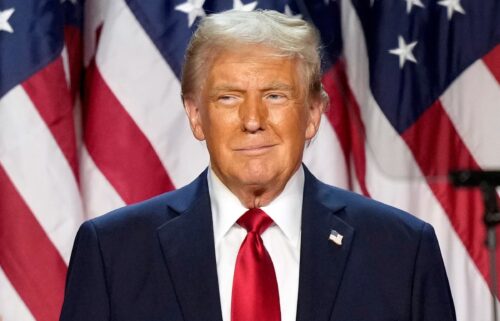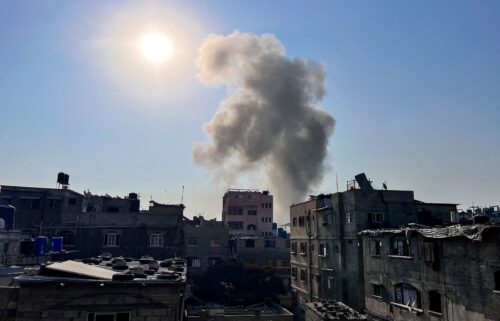Appeal from high school football coach prevented from praying after games reaches Supreme Court

By Ariane de Vogue, CNN Supreme Court Reporter
The Supreme Court agreed on Friday to hear an appeal from a high school football coach who was barred from taking a knee to pray on the field after football games.
It is the latest religious liberty dispute to reach a conservative majority on the high court that has been moving to expand protections for religious believers.
The long-running case concerns Coach Joe Kennedy, who served as an assistant coach for Bremerton High School’s varsity football team and head coach for the school’s junior varsity squad in Washington. He alleged his rights were violated when the school district prohibited him from praying at the conclusion of football games, potentially surrounded by students and members of the community.
The school district said it never disciplined him from offering silent, private prayers — a practice that began in 2008 when he was hired — but threatened to do so only after he asked to pray on the 50-yard line when players were on the field and the crowd was still in the stands.
A photo of Kennedy praying, with about 20 players in uniform kneeling with him, is a part of the record.
Kennedy lost his case at the district court level and before the 9th US Circuit Court of Appeals. The court held that Kennedy’s prayer amounted to governmental speech that is not protected by the First Amendment.
The appeals court pointed out that the school district — before placing him on leave — offered to accommodate his religious exercise in a way that “would not be perceived as District endorsement of religion” by providing that a private location within the school be made available to him, or allowing him to wait until the crowed dissipated before taking a knee.
But Kennedy and his lawyers rejected the accommodation. Kennedy did not apply for a 2016 coaching position.
At an earlier phase of the case, four justices suggested serious doubts about a lower court opinion that went against Kennedy. Justice Samuel Alito wrote at the time that the lower court’s understanding of “free speech rights of public school teachers is troubling and may justify review in the future.”
Paul Clement, a lawyer for Kennedy, told the justices that the appeals court decision is “impossible to reconcile with bedrock First Amendment principles” and that it “converts practically everything public -school teachers do or say during school hours or after-hours functions into government speech that the school may prohibit.
Clement said that Kennedy’s “brief, personal acts of religious expression plainly were not undertaken as part of his job responsibilities as an assistant football coach.”
Lawyers for the school district told the justices that Kennedy’s prayer practice “wasn’t private at all.”
They said the school district was faced with a “stark choice” to either let Kennedy’s actions continue, which it said would “threaten the religious freedom of the students,” or take steps to curb the practice.
In court papers, they told the justices that one player felt compelled to participate otherwise he wouldn’t get to play as much. They say Kennedy was told that he was free to engage in religious activity, including prayer so long as it did not interfere with his job responsibilities. He could pray, the school district said, where students could see him, but he could not deliver prayers at school activities.
The-CNN-Wire
™ & © 2022 Cable News Network, Inc., a WarnerMedia Company. All rights reserved.


